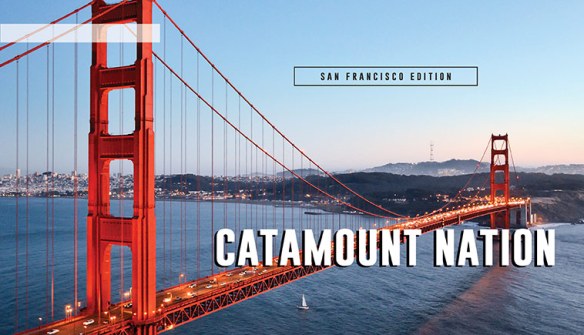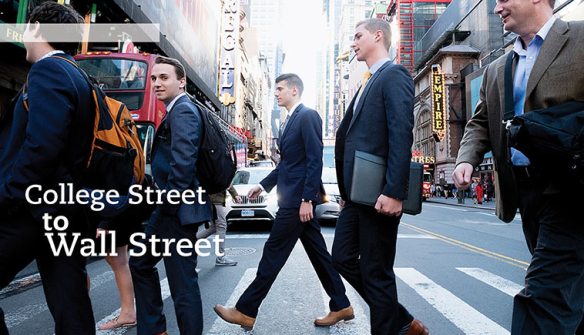 Since we’ve graduated from UVM, Ryan and I have discovered tons of things that are happening here on campus and around Vermont that we never knew about as undergrads. So, we wanted to add a new segment to the blog- Did you know that?!
Since we’ve graduated from UVM, Ryan and I have discovered tons of things that are happening here on campus and around Vermont that we never knew about as undergrads. So, we wanted to add a new segment to the blog- Did you know that?!
Today, we’re going to do a quick run down of two things that have been a part of UVM for a long time, but a lot of the time aren’t in the headlines.
Did you know that… UVM has a TV show called Across the Fence?
 Across the Fence is a daily TV program that has been made every day (you heard me, EVERY DAY) since 1954!
Across the Fence is a daily TV program that has been made every day (you heard me, EVERY DAY) since 1954!
WCAX got it’s start as a radio station being run by students on the UVM campus in the 50’s, and one of their programs was a farm and home show, for 15 minutes each day. This tradition has continued as the station has grown, and UVM Extension still produces an episode of Across The Fence for every weekday. They have an amazing catalog of their episodes available online, and cover everything from slow cooker recipes for busy work days, to grain farming (and the growing interest in hemp farming) in Vermont, to the effect of road salt on fragile ecosystems.
Check out their catalog of episodes for tons of interesting subjects, talked about by professors that you might know! Across the Fence is especially wonderful because it gives all of us an access point to learn more about the University at large.
Did you know that… UVM runs an active sugar bush?
 UVM Proctor Maple Research Center is a field research station for the department of Plant Biology in CALS, and was established way back in 1946. The center has a mission that is divided into three categories; Research, Demonstration, and Education.
UVM Proctor Maple Research Center is a field research station for the department of Plant Biology in CALS, and was established way back in 1946. The center has a mission that is divided into three categories; Research, Demonstration, and Education.
They put out approximately 1,550 taps to product 750 to 950 gallons of maple syrup each year! If you’ve bought syrup through the UVM bookstore, it was created right there at the Proctor Maple Farm!
 When you come back to Vermont to visit, you should definitely schedule an appointment for a visit- they won’t be able to give you a tour or a demonstration right now, as it’s the height of sugaring season between February and April. But, the rest of the year they’re happy to have visitors!
When you come back to Vermont to visit, you should definitely schedule an appointment for a visit- they won’t be able to give you a tour or a demonstration right now, as it’s the height of sugaring season between February and April. But, the rest of the year they’re happy to have visitors!
If you can’t come visit, they have several webcams that you can check out to see more of what the research center looks like!
Now, are you sitting there thinking “Hold on, I thought everyone know about Across the Fence?” or “Duh, Proctor Maple Research isn’t news”- don’t worry. We’re going to keep digging up more fun stuff, so don’t hesitate to reach out and let us know if there’s a unique corner of UVM that we should be talking about!

















You must be logged in to post a comment.